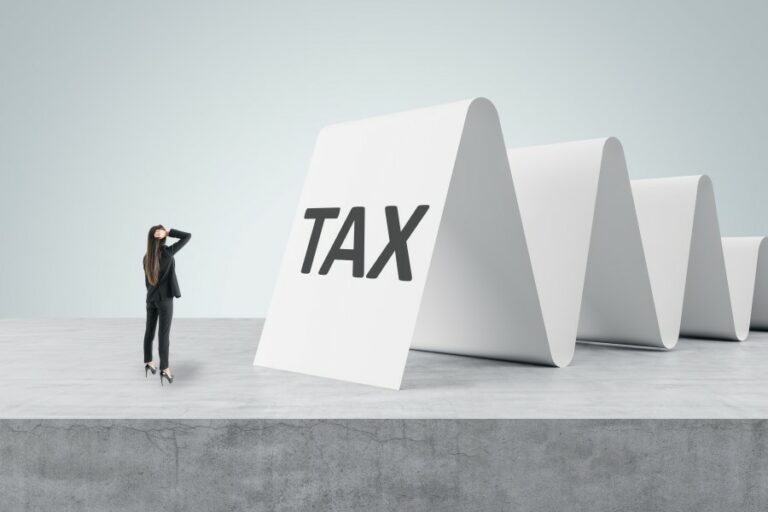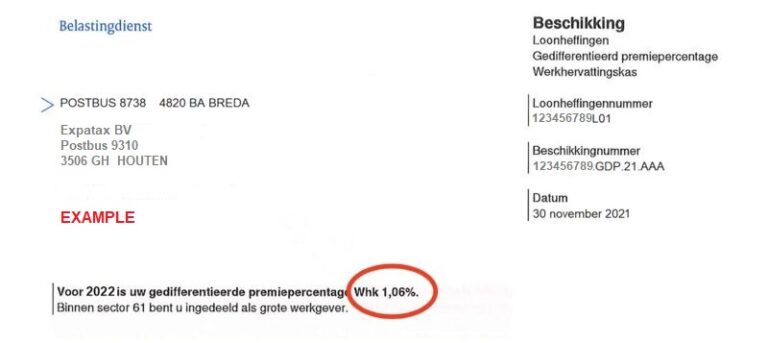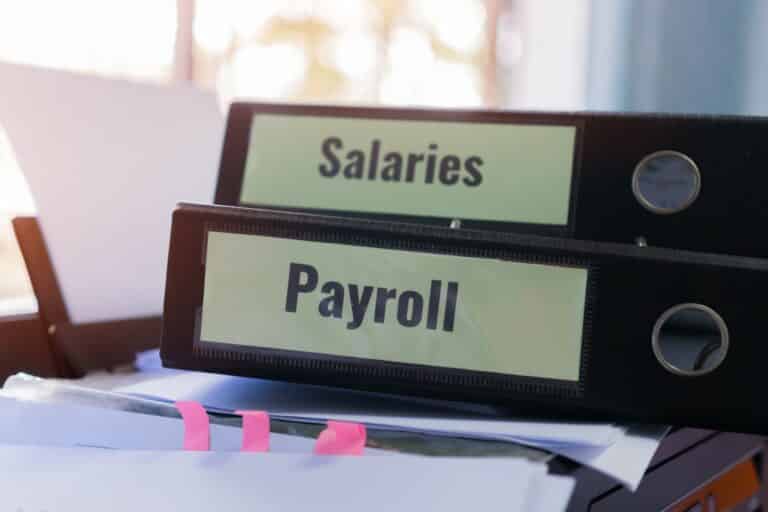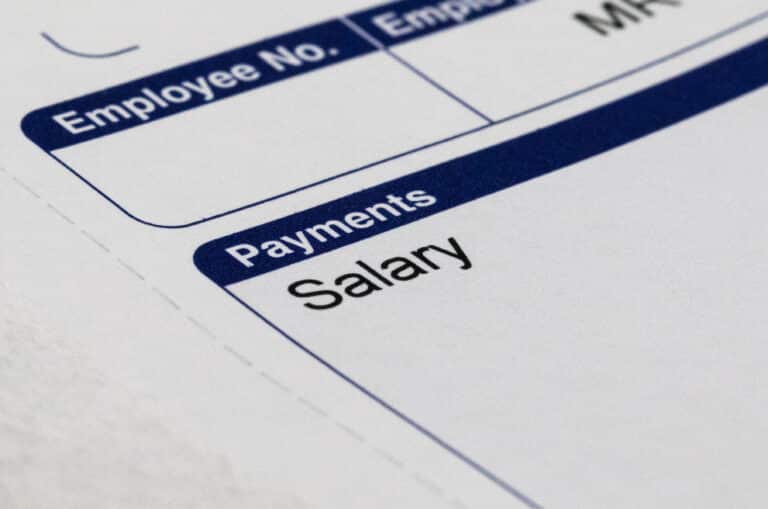The 30% ruling in 2024 – what has changed?

From 1 January 2024, the 30% ruling will be changed in several respects.
In this article, we discuss:
- Gradual reduction in percentage of the tax-free allowance
- Abolition of partial foreign tax liability (per 2025)
- Maximisation of the salary over which the 30% ruling can be applied
- Increase in the salary requirement
Gradual reduction in percentage
The 30% ruling offers the possibility to pay incoming employees a maximum of 30% of the taxable salary in the Netherlands tax-free, as an allowance for the additional costs arising from the fact that the employee works outside the country of origin. The 30% ruling has a maximum duration of 5 years (60 months) from which previous stay in the Netherlands is deducted.
From 1 January 2024, the 30% ruling will be scaled down as follows:
- For no more than the first 20 months, the tax-free allowance will not exceed 30% of the taxable salary;
- for no more than the following 20 months, the tax-free allowance will not exceed 20% of the taxable salary; and
- for no more than the remaining 20 months, the tax-free allowance will not exceed 10% of the taxable salary.
What is the reason of this change?
On October 26, 2023, during the discussion of the Tax Plan 2024, the House of Representatives adopted two amendments for yet another further adjustment of the 30% ruling (Omtizgt amendment) as well as the abolition of the partial foreign tax liability (Grinwis amendment). These amendments were quickly pushed through during the debate which was faced with many other amendments. The preparation time was extremely short. The Cabinet was requested to use the released budget entirely to reduce student loan interest rates among students of the “unlucky generation” (those who studied without a basic study grant). It was an ordinary exchange of benefit from expats to students. The Cabinet was against the adjustment but they have to accept the amendments once the decision has been made in parliament.
Our hope was now on the Senate who discussed the adjustment on December 12 in a debate on the 2024 Tax Plan. The debate showed that a majority of the Senate had serious doubts about the change. The doubts had been fueled by the storm of protest that rose after the amendment was adopted by the House of Representatives. Entrepreneurs’ organization VNO-NCW, Dutch universities as well as ASML and Philips, among others, warned that scaling down the tax facility for expats would make the Netherlands less attractive to foreign knowledge workers, with all the consequences this would have for innovative companies and scientific research.
That warning has resonated in the Senate. On 19 December the Senate voted about the amendments. Several parties that still supported the Omzigt amendment in the House of Representatives reversed this in the Senate. However, the Senate could not stop the change without rejecting the entire 2024 Tax Plan. This was a step too far for many parties. It would mean that all the new rates and changes would still not pass. That would lead to “enormous fiscal chaos.” That is why a number of parties submitted a motion calling on the Cabinet to reconsider the 30% ruling and the current adjustment in light of the already previously planned evaluation of the 30% ruling. This evaluation has been brought forward to the spring of 2024 because of the amendment. As mentioned above the Cabinet had also already strongly advised against the amendment to adjust the 30% ruling. State Secretary van Rij also spoke in the Senate. According to Van Rij, the Cabinet will of course process the amendments, but he also said that the consequences of the Omtzigt amendment can still be averted in time by reversing the change in the Tax Plan 2025. He did show his commitment to reconsider the scaling down of the 30% ruling.
Of course, it does depend on how the evaluation turns out and whether there is a Cabinet by then that wants to implement the commitment. But an opening has been offered to discuss again in the spring whether the 30% ruling still works and whether the cuts were necessary and could possibly be (partially) reversed. For new incoming employees from 1 January 2024, the allowance of up to 30% still applies for the first 20 months, so if the ruling is still changed back within that timeframe, the impact of the current change will be limited. However, there is absolutely no certainty about this. Some parties, who won during the recent election, are not in favor of the 30% ruling. So we have to wait again and see what happens.
Is there transitional law for employees who already benefit of the 30% ruling on 1 January 2024?
Yes, for employees who in the last period of 2023 (generally: the month of December 2023) enjoyed an allowance for which they held a 30% ruling. If an employee again qualifies as an incoming employee after a break, this transitional law will no longer apply.
How is the tax-free allowance calculated after 1 January 2024 in case of an incoming employee who has been in the Netherlands before?
The term of the 30% ruling is up to 5 years (60 months). In case of a grant with a shorter duration than 60 months, the same percentages and periods apply. The right to apply the 30% ruling stops at the moment the term of the 30% decision has expired. This occurs if an incoming employee previously lived in the Netherlands. This means that if the duration is 4 years, the incoming employee is entitled to the tax-free allowance of maximum 30% of the taxable salary for a maximum of 20 months, the following 20 months to a tax-free allowance of maximum 20% of the taxable salary and the remaining 8 months is entitled to a tax-free allowance of a maximum of 10%. An employee who has previously received a 30% allowance, may again qualify as an incoming employee after a break in the future.
What if the actual extraterritorial costs are higher than the applicable tax-free allowance under the 30% ruling? Especially if the allowance is reduced to 10%.
Instead of applying the 30% ruling, it is possible to opt for reimbursement of the extraterritorial costs (ET-costs) actually incurred. The employer must be able to prove these costs. The costs must also be recorded per employee in the payroll administration. Reimbursing the actual ET expenses can be a suitable alternative for future expats who have higher ET expenses than the flat rate. Especially if the reimbursement should eventually not exceed 10%. The choice of applying the actual reimbursement or the lump sum should be made for a calendar year, excluding the first four months of the first year of employment.
Abolition of partial foreign tax liability
The Grinwis amendment regulates the abolition of the foreign partial tax liability as of 2025. Under this option scheme, employees who have the 30% ruling are currently treated on demand as foreign taxpayers for tax purposes regarding Box 2 and Box 3. Due to this option they are effectively avoiding taxation on worldwide private assets such as bank accounts and investments.
Transitional law is provided for employees who were benefitting of the 30% ruling in the last payroll period of 2023. Under the transitional law, the partial foreign tax liability can still be used up to and including 2026. So it is not a change which direcly takes place in 2024, but arrival in the Netherlands after 1 January 2024 will prevent usage of the transitional law.
Maximisation of the salary over which the 30% ruling can be applied
The Top Income Standardization Act (WNT) regulates the maximum amount top officials in the (semi) public sector may earn. From 2024, this maximum also applies to the 30% ruling. For 2024 this maximum is € 233,000. This means that the 30% ruling may then only be applied over a salary up to a maximum of € 233,000. This change was already agreed last year.
Transitional rule
A transitional rule has been established on the basis of which the capping of the 30% ruling will only apply from January 1, 2026 for incoming employees for whom the 30% ruling was applied during the last pay period of 2022. For this group of incoming employees, it was not certain at the start of application of the 30% ruling that the maximum amount to be taken into account within the ruling would be capped as of January 1, 2024.
Increase in the salary requirement
For the evaluation of whether an incoming employee possesses specific expertise that is scarce or absent on the job market in the Netherlands, a minimum salary requirement is applicable. The amount is indexed every year, based on the inflation rate. For 2024 there is an increase of 9.9%, which is very high compared to previous years.
| Required taxable salary | 2024 | 2023 |
|---|---|---|
| Salary excluding allowance must be more than: (70% salary + 30% allowance = 100% gross) | € 46,107 (which is gross € 65,868) | € 41,954 (which is gross € 59,935) |
| For employees under the age of 30 who have a master degree the minimum required taxable salary (70%) is | € 35,048 (which is gross € 50,069) | € 31,891 (which is gross € 45,559) |
| Increase compared to previous year | 9.90% | 6.30% |
If the employee conducts scientific research at a specific research institution, a salary requirement is not applicable.
What do the changes mean for your organization?
With these changes, the 30% ruling is once again made less beneficial. It is important as an organization to be aware of this when attracting expats who may be entitled to the 30% ruling.
In addition, the changes will increase the administrative burden. For each employee with a 30% ruling, it will be necessary to keep a close eye on the fact that the percentage of the exemption will change after every 20 months. This will also have to be implemented in payroll processing. Furthermore, changes are subject to transitional law that will have to be monitored.
Expatax can help you!
We can support you in applying for the 30% ruling and can also take the salary administration out of your hands. Especially if you employ expats, the salary administration requires specific knowledge and experience that we can offer you.







Hello, I have a question: does the minimum salary requirement increase affect existing employees on the 30% tax ruling or does it only apply to new employees?
The minimum required salary must be reached continuously during the term during which the ruling is granted. This means that any increase in this minimum will directly affect the calculation of the tax free compensation under the 30% ruling.
What about employees that switched jobs in 2024. How does this affect them
If the gap between the last actual work day at the previous employer and the date the contract with the new employer is agreed is less than 3 months then the rules around the 30% ruling are the same as with the previous employer. So if transitional law was applicable with the previous employer then it also remains applicable with the new employer. It can be different if the employee would have left the Netherlands between jobs because then the employee can be a new incoming employee again which would affect the applicability of transitional law.
Hello. I started to work in the Netherlands in December 2022 and applied for 30% ruling in December 2022. I got an approval of 30% ruling only in Feb 2023, but eligible since December 2022. Do I have the right for Transitional period up to 2026?
If the 30% ruling was also included in your salary in December of the previous year then the transitional rules are applicable. Then it doesn’t matter that the actual grant was received in January or February.
Hello!
Arjan, I have a big doubt.
I’m going to the Netherlands, as an “expat” in two weeks.
My, what is going to be, future company, offered me a yearly salary of 56.000€.
Am I entitled to the 30% ruling or not?
(Based on salary level)
Thanks,
Based on salary level you won’t qualify. This is different if your employer will calculate the tax free allowance based on a lower percentage than 30% as such that the fiscal salary (gross salary minus tax free allowance) stays above the required amount as mentioned in the table in our article about the 30% ruling. So you can benefit but not for the full amount.